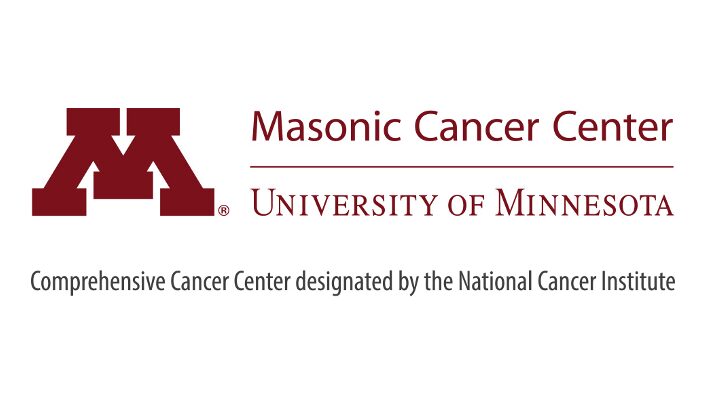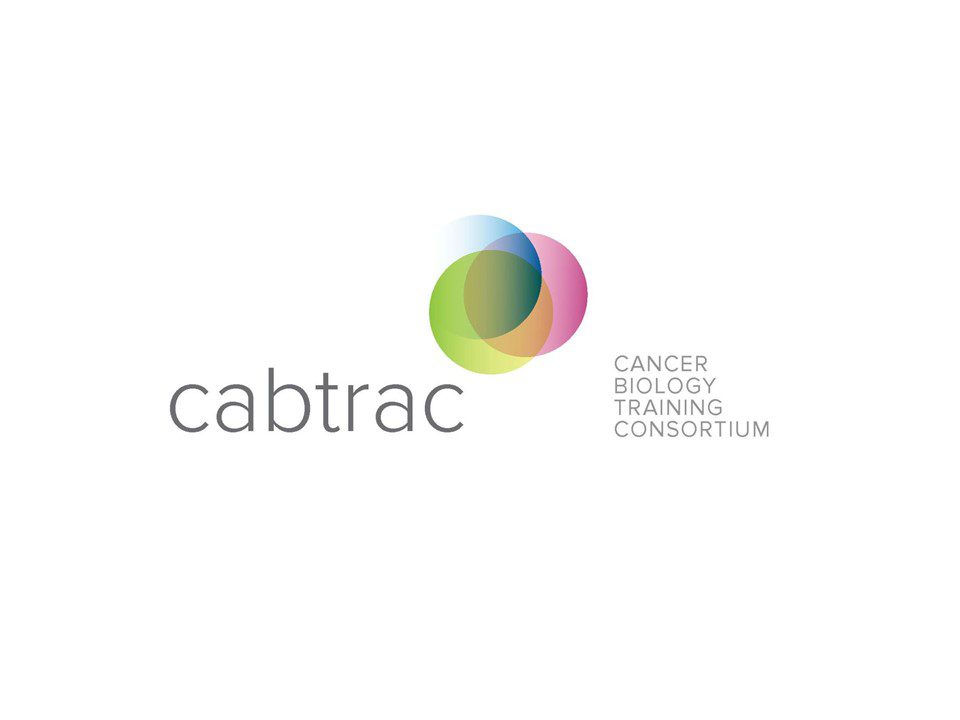
Job location: Minneapolis, Minnesota
Application Deadline Date: OPEN
Postdoctoral positions in the Lange Lab: Seeking individuals driven to become future scientists and leaders in the field of hormones and cancer within academic basic and translational research, clinical, educational, regulatory, or other science-related careers.
My research team is focused on the role of steroid hormone receptors (SRs) in hormone-driven cancers. Estrogen receptor (ER) and progesterone receptors (PRs) are context-dependent transcription factors that are essential for development of the breast and reproductive tract. Altered sex hormone levels contribute to cancer risk in these tissues and drive metabolic and cell fate transitions associated with rapid tumor progression. The presence of abnormally activated ERs and imbalanced/activated PR isoforms in SR+ tumors can dramatically influence response to endocrine or other therapies. Our overarching research goal is to better understand how SR+ breast cancers and other hormone-influenced cancers of reproductive tissues escape endocrine (i.e. SR-blocking) or other molecular targeted therapies that primarily target proliferating cells. Strategies aimed at targeting metabolically active, but weakly proliferative or non-proliferative (G0) cancer stem or heterogeneous stem-like cell sub-populations as well as highly migratory dormant or quiescent cells (i.e. living as disseminated “active” G0 cells in the circulation or within distant “cancerized” tissue niches) would provide a powerful complement to existing therapeutic strategies. Novel signaling pathway biomarkers may inform new combination therapies.
Signal transduction is an essential role of SRs. Indeed, all SRs can rapidly activate cytoplasmic protein kinases and act as “growth factor sensors”. In this role, SRs are heavily phosphorylated by mitogenic protein kinases (MAPKs, AKT, CDKs) that are frequently elevated and activated in breast and reproductive tract cancers. Phosphorylation of SRs alters their binding partners and promoter selection and influences cancer cell fate/plasticity by regulating genes that specify proliferative, pro-survival, metabolic, and cancer stem cell programs via expression of both autocrine and paracrine factors. Similarly (i.e. via rapid signaling and phosphorylation events), the glucocorticoid receptor (GR) acts as a sensor for both host (i.e. hormonal) and cellular stress, in the form of local cytokines and/or hypoxic conditions within the tumor microenvironment. Identifying the required kinase and co-activator partners of phospho-SRs will enable the targeting of multiple signaling molecules in addition to SRs, which is predicted to halt cancer metastasis, prevent recurrence, and increase patient survival.
My lab has extensive experience developing and using human cancer cell lines and primary cells, genetically modified mouse models, and human tumor specimens. We have routinely developed new reagents and employed classical biochemistry and molecular biology techniques to study SR action and novel mechanisms of gene regulation that impact breast tumor development and progression, cancer stem cell biology, and endocrine therapy resistance. More recently, we have included significant focus on the development of early SR+ fallopian tube lesions that give rise to high grade serous ovarian cancer. We typically complement in vitro studies focused on the mechanisms of signaling inputs to SR-dependent regulation of transcription with the use of genetically modified mice or human patient derived xenograft (PDX) models maintained in mice.
Ongoing projects encompass the following research themes and their molecular mechanisms:
• ER? and PR isoform signaling cross talk in luminal breast cancer progression
• Ligand-independent actions of p-SRs and p-SR-containing complexes in breast cancer
• Cellular “stress” sensing by phospho-GR in triple negative breast cancer progression
• Novel HIF/GR-induced signaling pathways mediated by Breast Tumor Kinase/PTK6
• Fallopian tube transformation and early SR+ serous ovarian cancer progression
• Cell fate plasticity (cell cycle exit/entry into G0) and breast cancer stem cell biology
• Mechanisms of and biological role of cancer cell dormancy/quiescence and senescence
• SR and signaling pathway regulation of breast cancer stem cell populations and biology
• Inflammatory and tumor microenvironmental inputs to altered SR signaling in SR+ tumors
• Breast cancer metastatic cell dissemination as circulating tumor cell/stem cell clusters
SEND CV and list of 2-3 references to Dr. Carol A. Lange at lange047@umn.edu


